


L–R: Mohammad, Hussain and Ali Alamein
Article 26 of the United Nations Universal Declaration of Human Rights states that everyone has the right to education. It also states that ‘higher education shall be equally accessible to all on the basis of merit.’
However, in Australia, as in many other countries, there are financial barriers to education that some people simply cannot break through. That’s why Trinity is attempting to improve access and equity through our scholarship program, which we plan to grow into the largest college scholarship program in Australia by 2023.
Already, this program has touched, and indeed transformed, many lives.
Ali, Mohammad and Hussain Alamein believed that a university education was out of reach for them. As children they fled Iraq, and Saddam Hussein’s regime, but ended up in a detention centre in Nauru. Conditions were harsh and the boys suffered the physical and emotional effects of living in a camp and not knowing what the future held.
After a year on Nauru, the brothers were reunited with their father in 2002, who had already successfully entered Australia, and settled in Shepparton in Victoria’s north. The boys were good students and successfully learnt English and achieved high marks in the VCE, but the costs associated with a move to Melbourne for further education were prohibitive.
When Ali and Mohammad learned of – and successfully secured – scholarships that would support them to study at the University of Melbourne and live at Trinity, they felt an unbelievable sense of accomplishment. ‘I still remember the time I got the call – it was at 2.33pm,’ laughs Ali. ‘Getting the scholarship to the university I wanted to go to and getting the scholarship to reside at Trinity College … it made everything else possible,’ he says. The brothers completely immersed themselves in college life, and among other things, Ali received the Goldman Sachs Global Leaders Award in 2006 and was the Trinity College Associated Clubs (TCAC) community representative in 2008.
A few years later, Hussain followed in his brothers’ footsteps with a scholarship to Trinity. The social and financial support meant that Ali, Hussain and Mohammad could put a difficult part of their lives behind them and step into a new world of success. ‘We didn’t have a clue what college was,’ says Mohammad. But once living on campus, the Alamein brothers found people who were interested in their stories and wanted to share their lives.
‘When I came to Australia, I was a refugee; when I left Shepparton, I was a rural kid trying to achieve some success; then coming to Trinity, I realised that I didn’t have to be a specific type of person, I could be whoever I wanted to be,’ says Hussain.
Due to the financial support the three brothers received, they are now educated and participating in society in a way that is far beyond their initial prospects. They thought they would all be fruit pickers in country Victoria, but instead, Ali is now a civil engineer studying his MBA in Barcelona, Mohammad is doing physician training at Monash Health and Hussain is completing his third-year medical placement in Shepparton.
With this proof that scholarships can change the course of people’s lives, we have announced a series of new scholarships this year, including 16 places per year for disadvantaged domestic students to live in our Residential College for three years, and six scholarships per year for Cambodian or Indonesian students who otherwise would not have had the chance to study abroad – or attain a tertiary education at all. Valued at around $300,000 each, the impact of these scholarships will be life changing.
Campbell Bairstow, Trinity College’s Scholarships Registrar, says that these scholarships are funded through longstanding endowments and the investment income from these, with every dollar donated to the program put towards student support. He adds that, of all the financial contributions made to Trinity by former students, 30 per cent of these have come from people who have been the recipients of scholarships themselves, reflecting the transformative power of scholarships and their perpetual impact in helping make the world a better place.
Use our secure online form to donate to Trinity’s scholarship program.
Related News

Introducing the ninth Warden of Trinity College

Our Way: Celebrating Indigenous Art
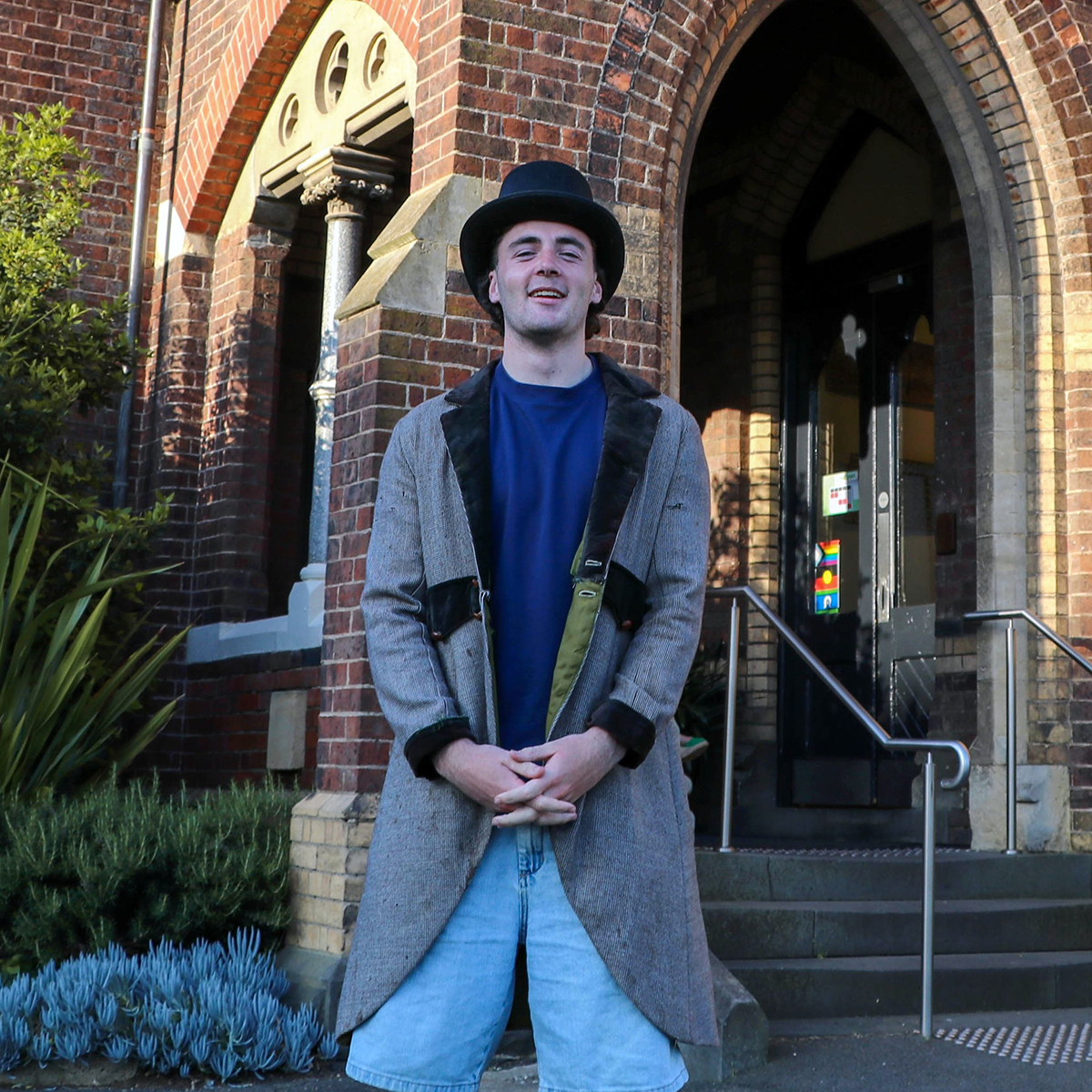
The Badimaya man from Ballarat on ‘unlocking students potential’ as Trinity Senior Student

A new world of wine

Jack reaps the rewards after taking a leap of faith on Trinity College

Marketing to the next generation: considerations in a rapidly changing world

First year resident Harvey says ‘there’s always someone to chat with’ at Trinity College
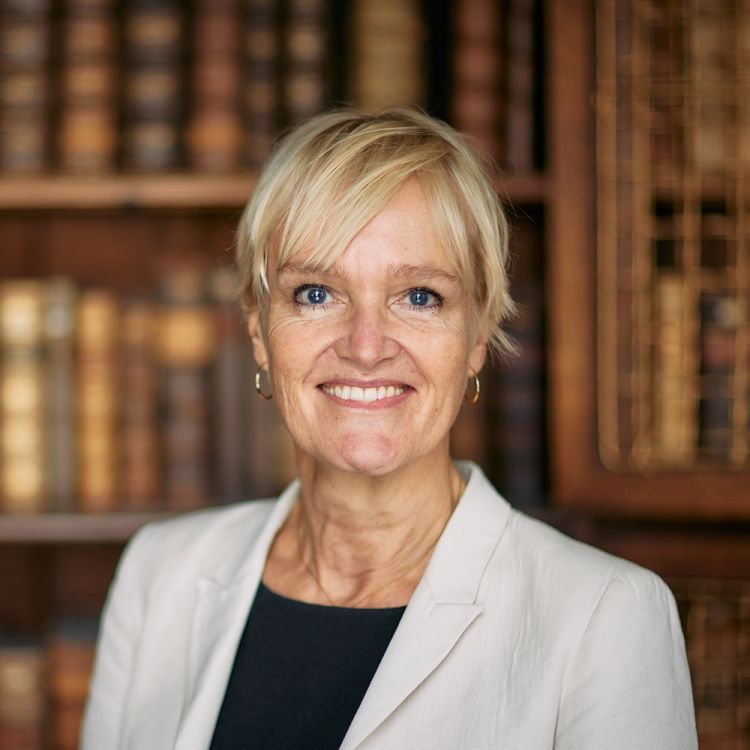
Making greener, ethical choices for better business

A message from Professor Ken Hinchcliff

Gyan Angon on his move to the big smoke

Eight ways to be a more sustainable Trinity student

Kicking for home: Trinity alum Vicky Tan on balancing research at Oxford with captaining its Aussie rules team
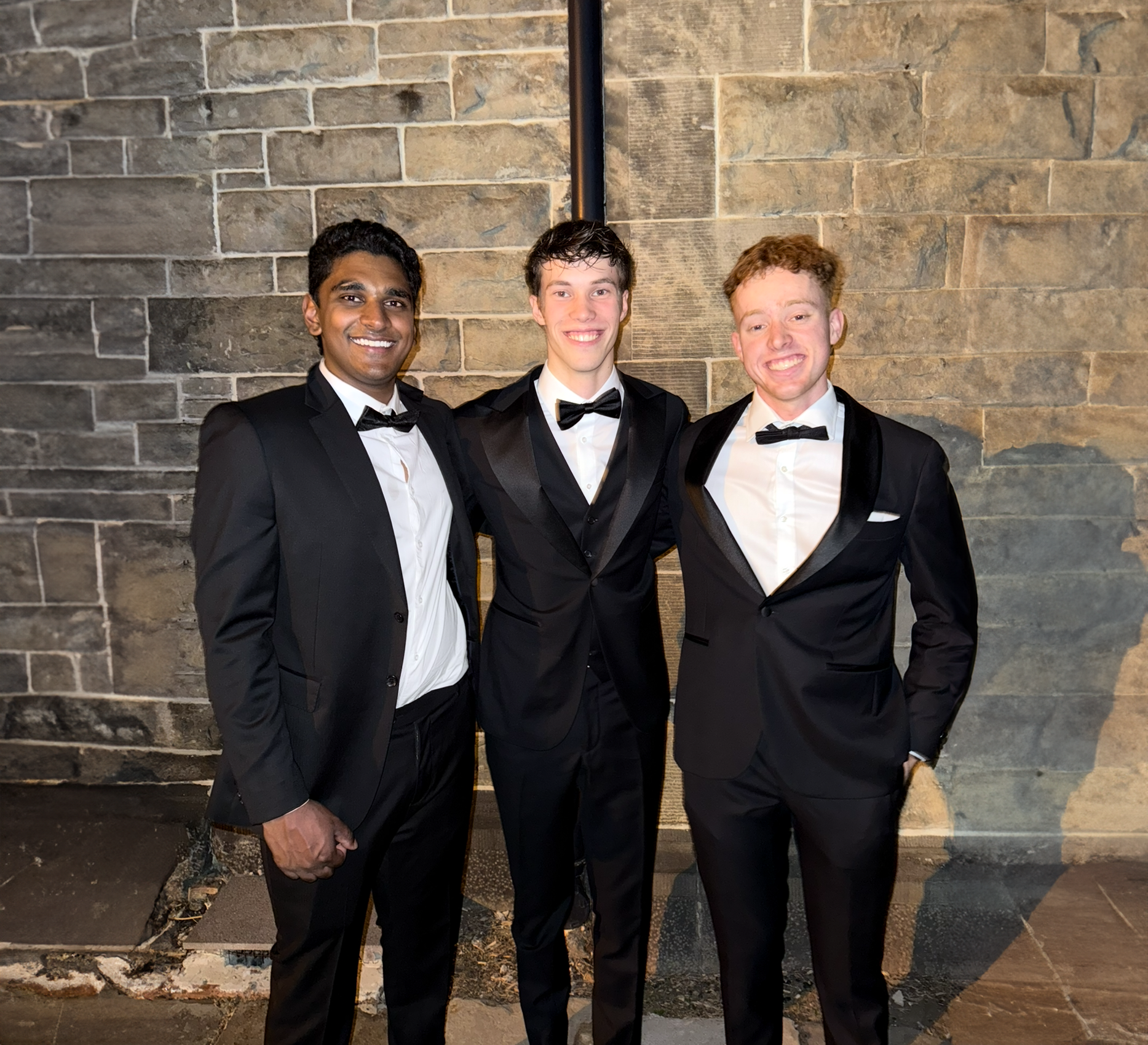
Jack's journey from Mareeba to Melbourne

We talk to the people behind Trinity's Grease the musical

Spontaneous friendships and helpful tutorials have ensured a memorable start to College life for Hugh
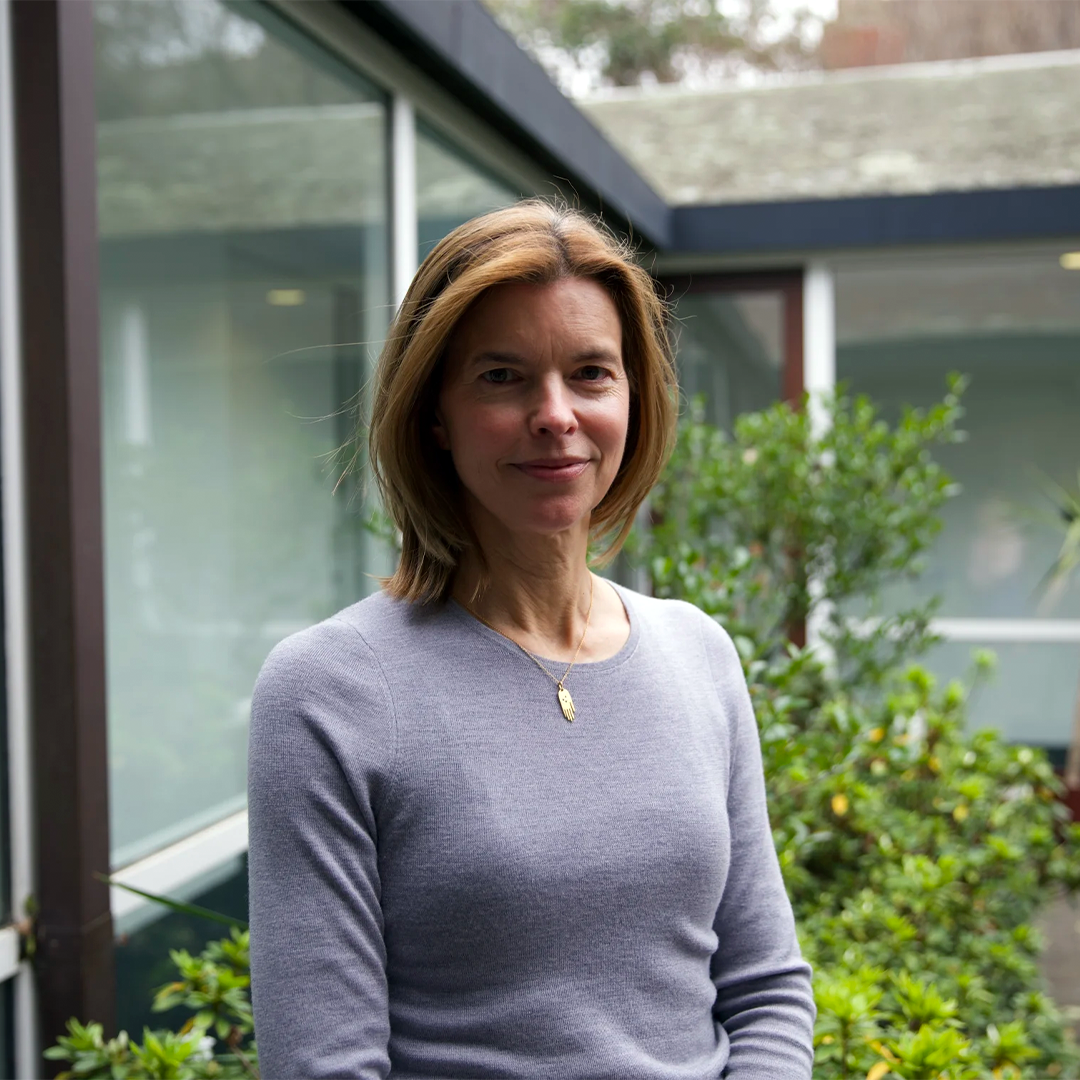
Kirsten Gray appointed Chair of the Trinity College Board
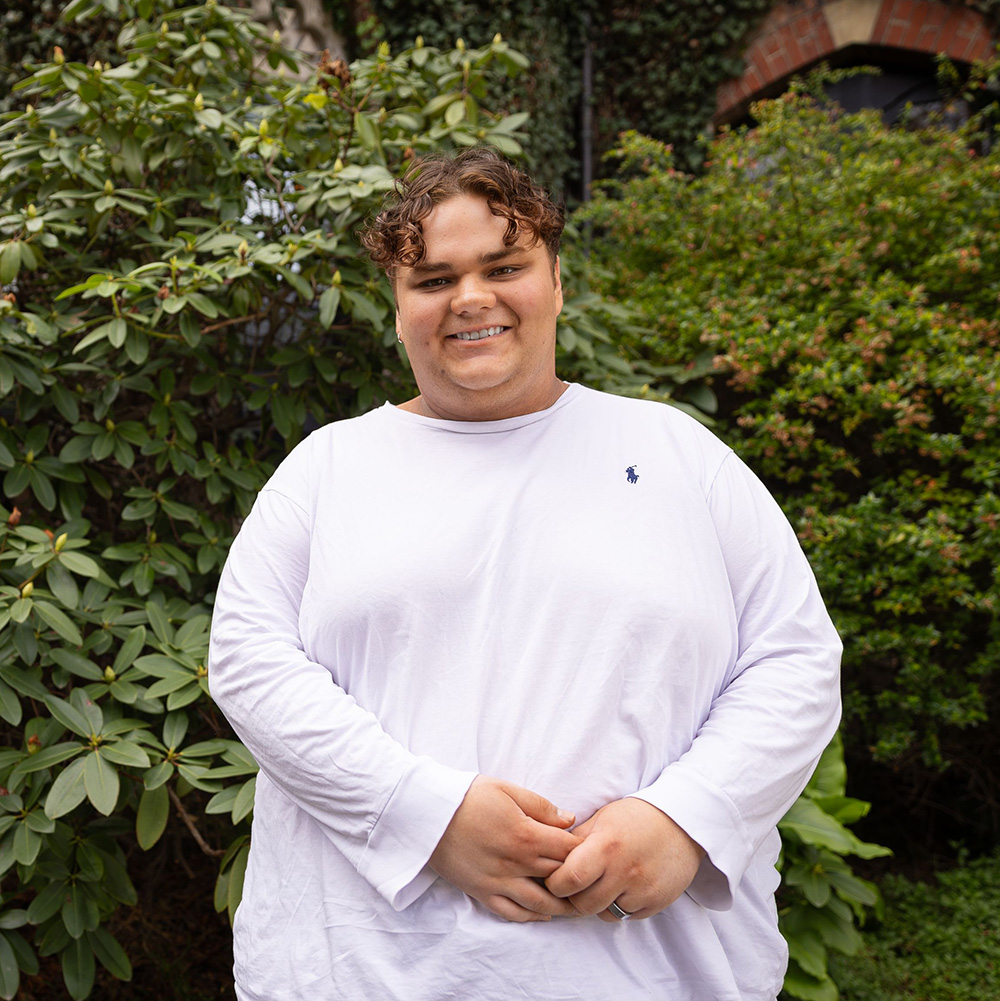
Bridging the gap: an equitable future for First Nations people

For Cheryl, heart to hearts and plenty of laughs are defining her Trinity experience
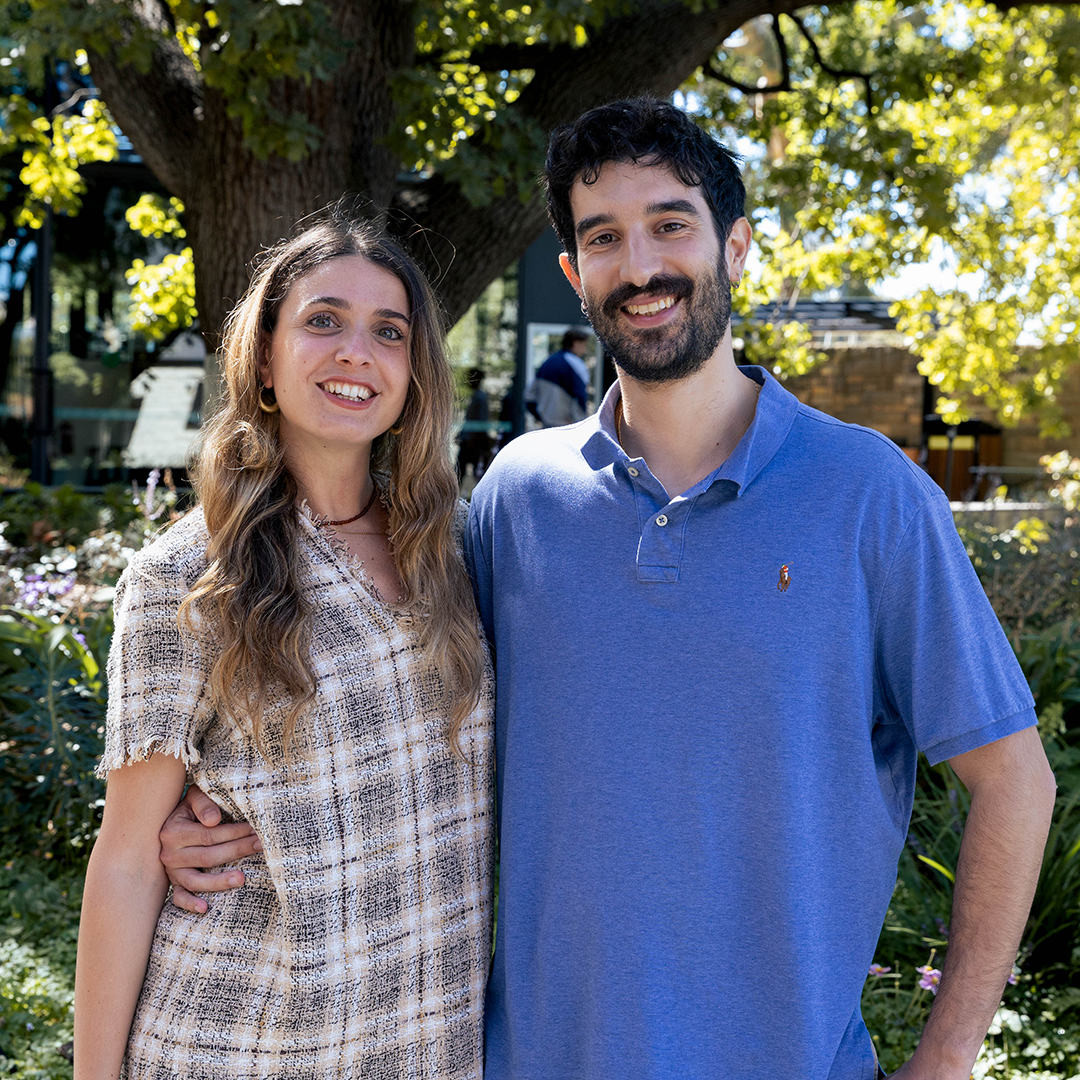
Visiting scholar Pietro Lorenzetti on Trinity hospitality and renewable engineering challenges
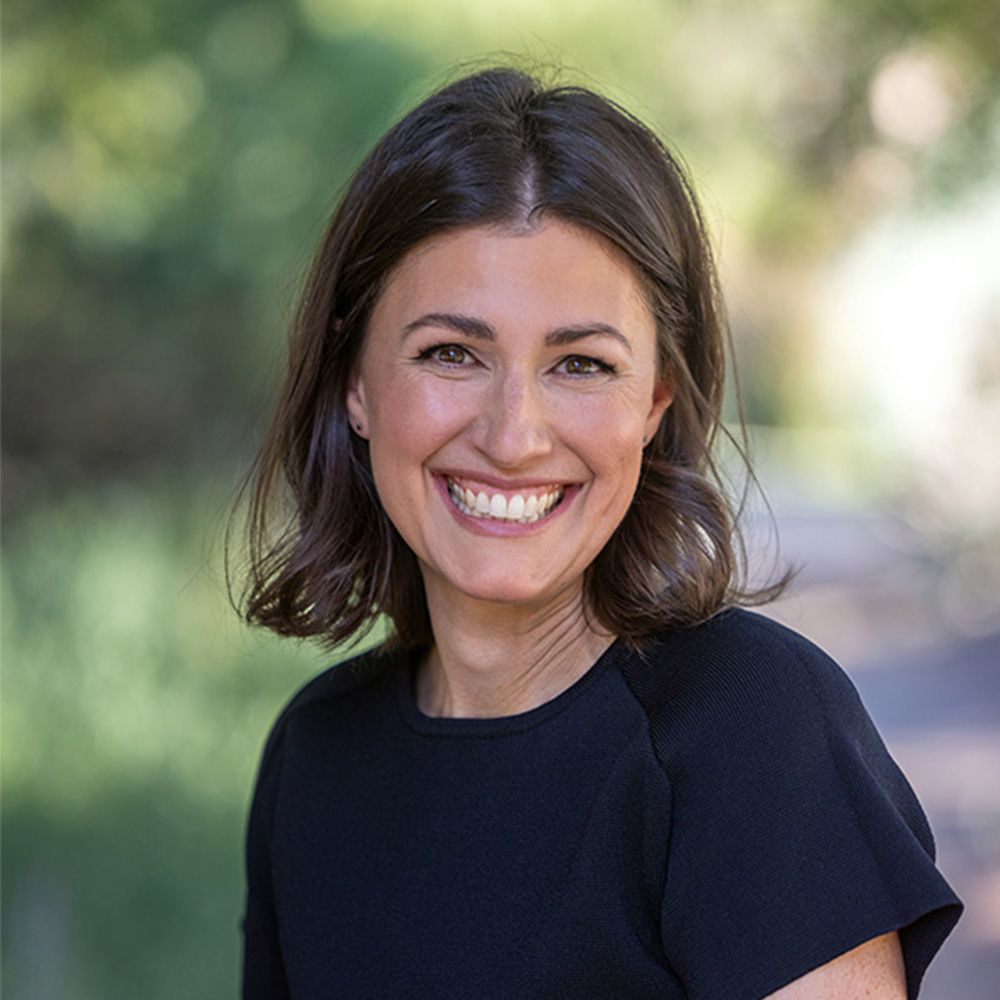
Meet the Trinity alum who's striving for an inclusive parliament

Freya Brolsma: a racing podcaster's journey from the Bulpadock to the F1 paddock

What is Lent?
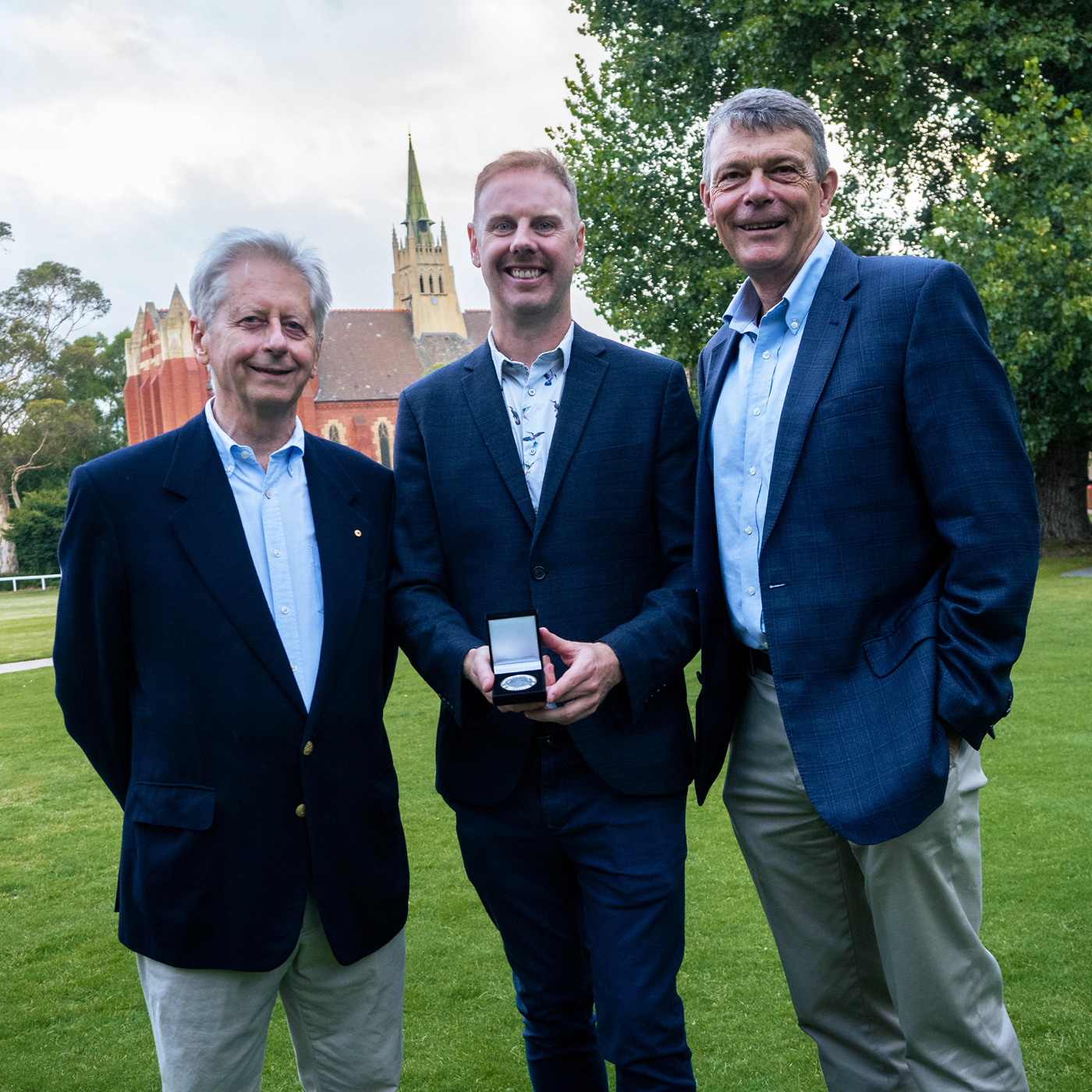
Trinity breaks with tradition to announce joint Alumni of the Year
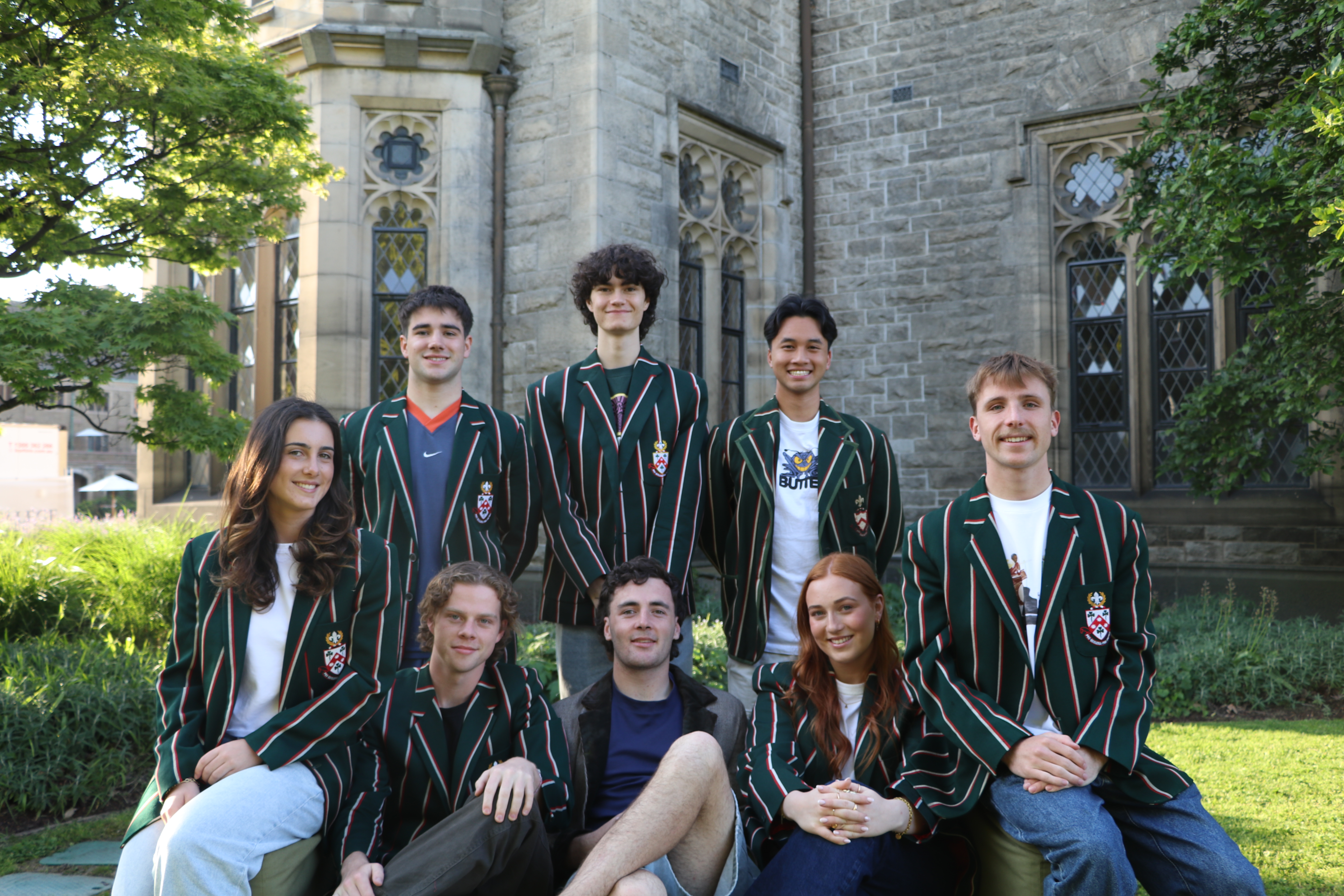
Meet our TCAC student committee for 2025

What is Trinity's Wine Cellar student committee?

What does our Outreach Committee do?

Residential College student Ravin Desai shares his passion for politics and journey at Trinity
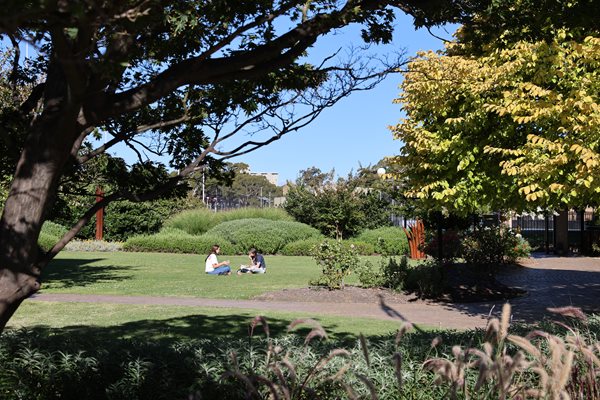
Learn about the Wellbeing and Inclusivity Committee at Trinity
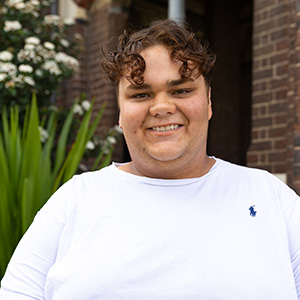
Elias Jarvis and Anisha Damaso on the value of Kumergaii Yulendji at Trinity College

From Albury to Melbourne: Rosie Bradford's story

From Foundation Studies to the Residential College to Oxford: Xinran’s story

From the surf coast to Melbourne
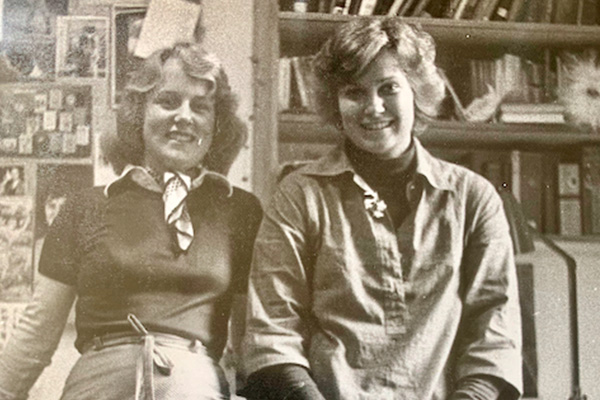
1974 vs 2024 for a woman at Trinity: what’s changed and what’s stayed the same?
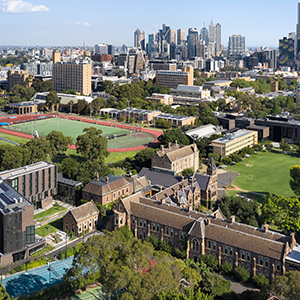
The best things to do in and around Parkville

Meet Trinity's aspiring art curator Seb Moore

Meet Nakata Brophy prize winner Jasmin McGaughey
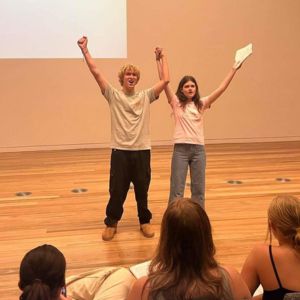
Book now – Heathers: The Musical
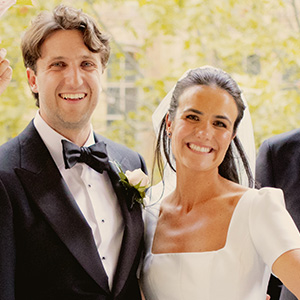
A love story for Valentine’s Day: Matt Hargreaves and Kirsten Callander
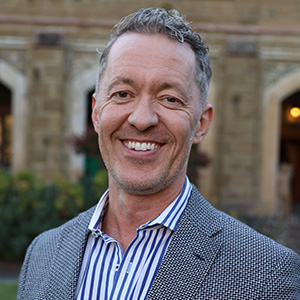
Announcing our 2024 Alum of the Year
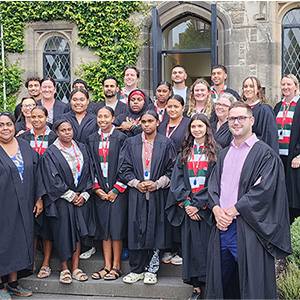
Trinity College Indigenous Summer Camp
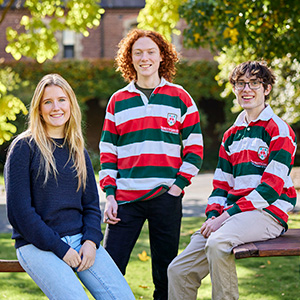
7 tips to prepare for a residential college interview
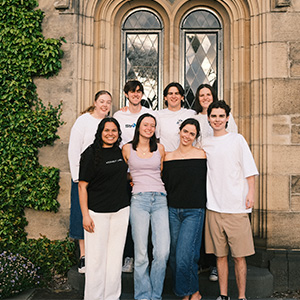
Introducing our TCAC for 2024
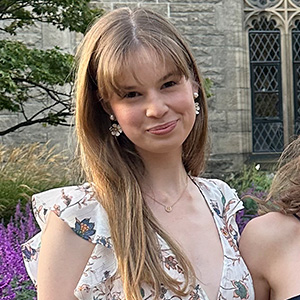
Moving to Trinity from overseas: Katie's story
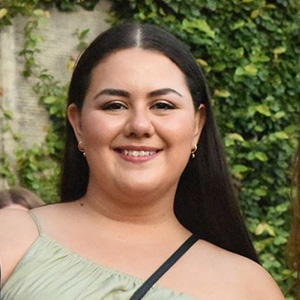
Moving from a regional area, stressing about your ATAR and worried you won’t know anyone? Read Hazel’s story.

From Larrakia to Wurundjeri country: How Anisha is inspiring other Indigenous students to dream big
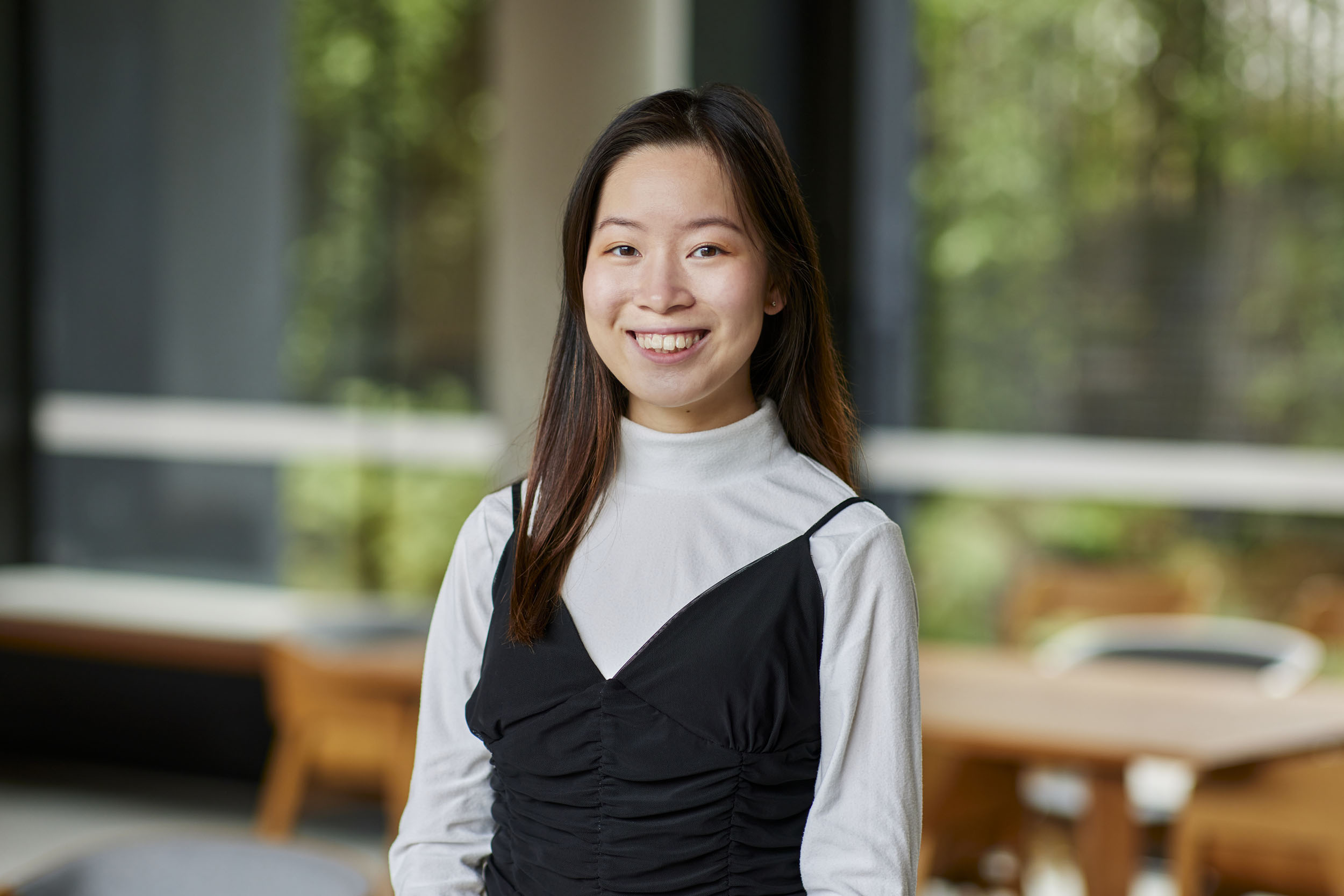
Meet Admissions Coordinator Wendy Ngaturi

Hugo Jordan on why there's no 'best thing' about Trinity

Kate Beggs’s journey from the Great Ocean Road to the heart of Melbourne city
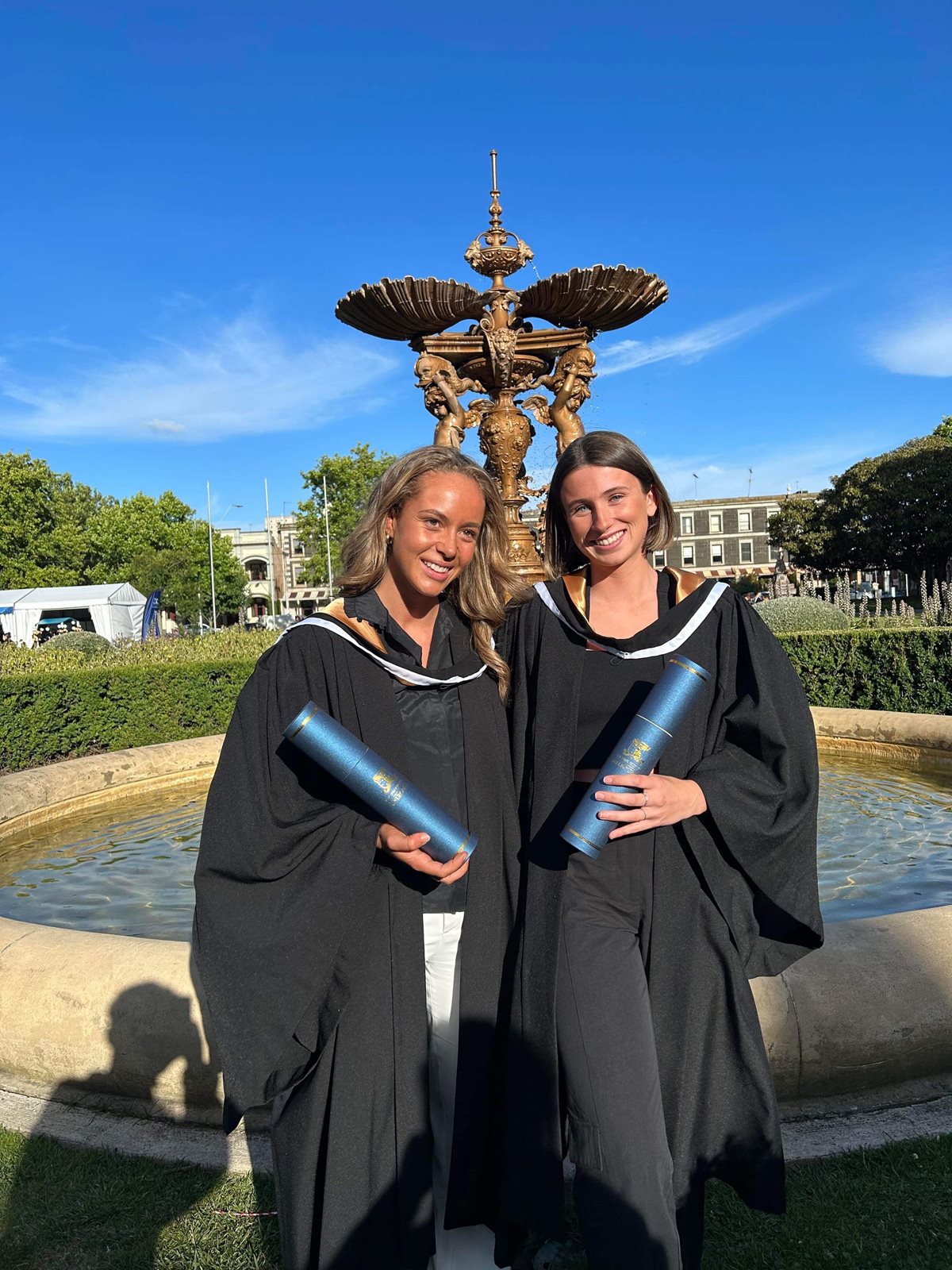
‘College is similar to boarding school, but with a fraction of the rules.’

Freya Giles shares her experience of choosing and living at Trinity

Former Perth student Tessa Moon shares her Melbourne college experience
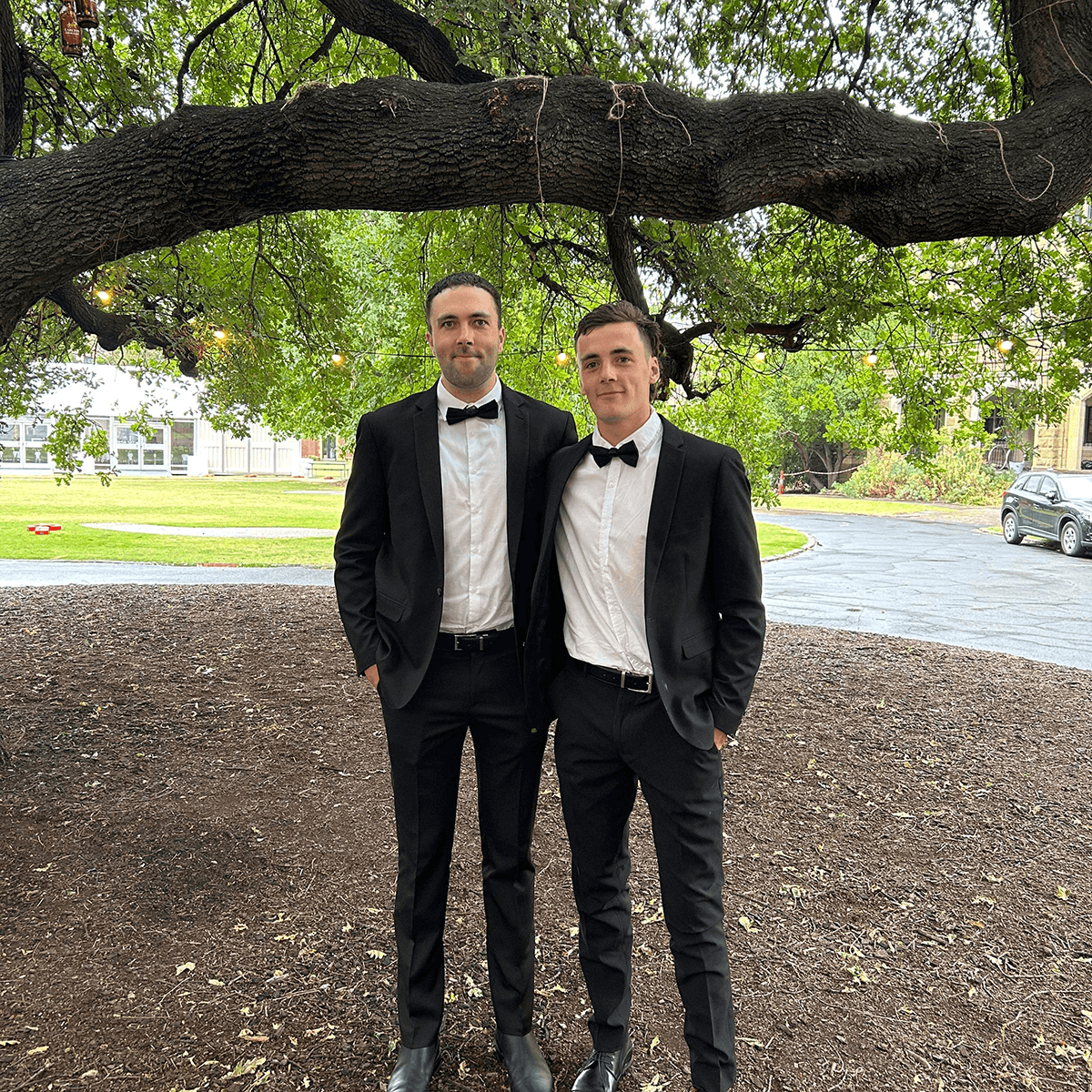.png?width=1200&height=1200&ext=.png)
Isaac Hucker, a proud Badimaya man, describes his journey towards choosing university and college life
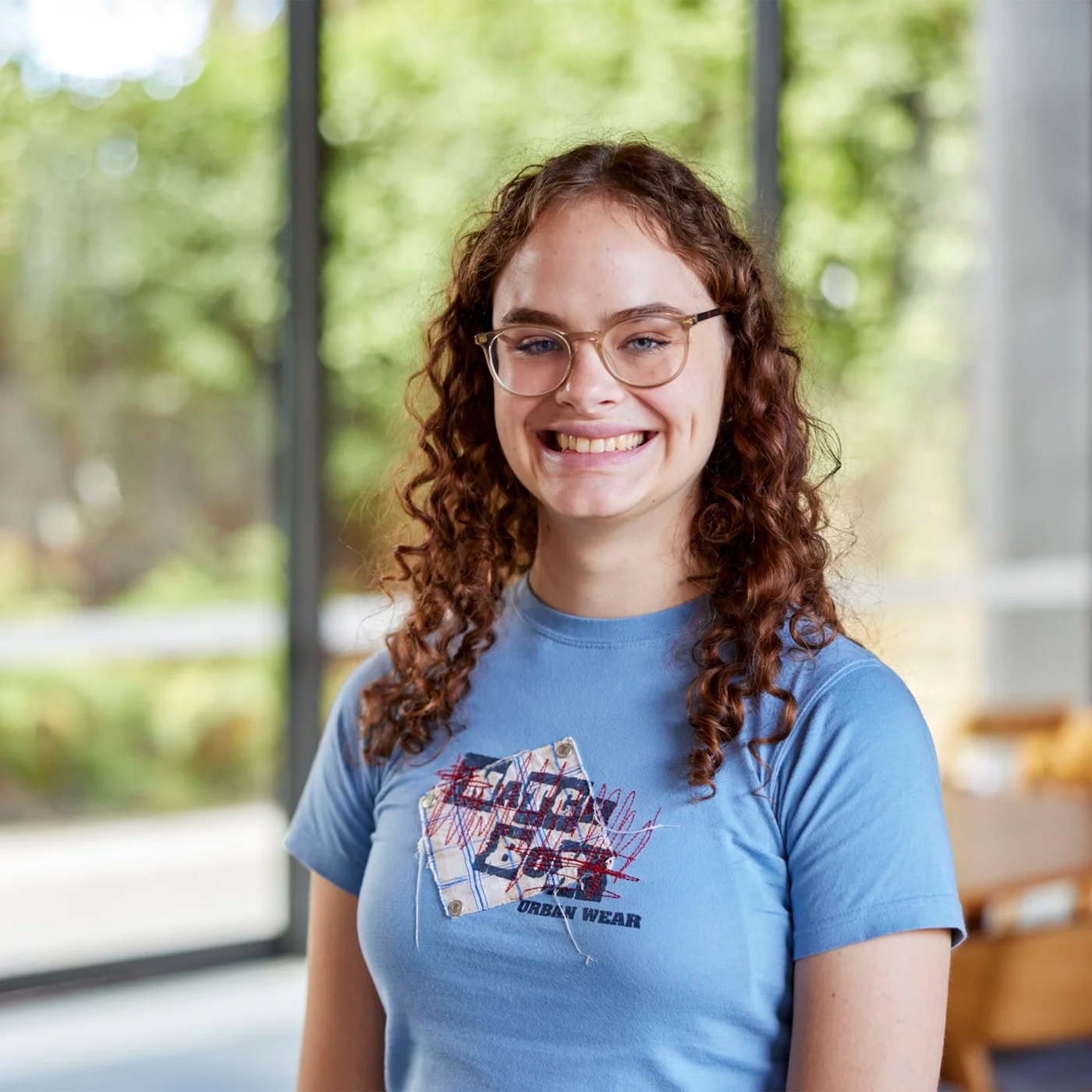
Mikayla Hand’s journey from Indooroopilly State High to studying at Australia’s top university
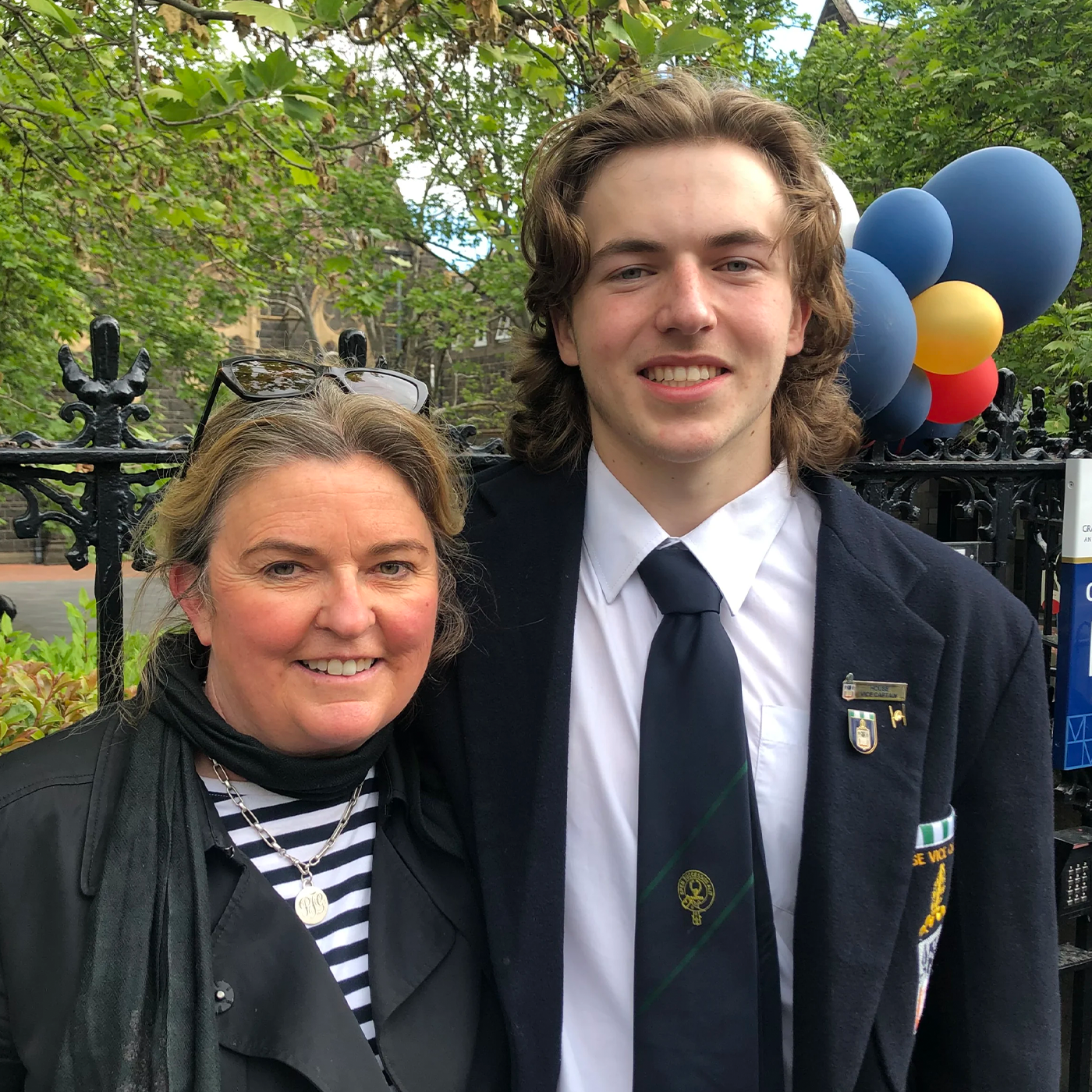
From farm life to Trinity College: Q&A with Fergus Guest
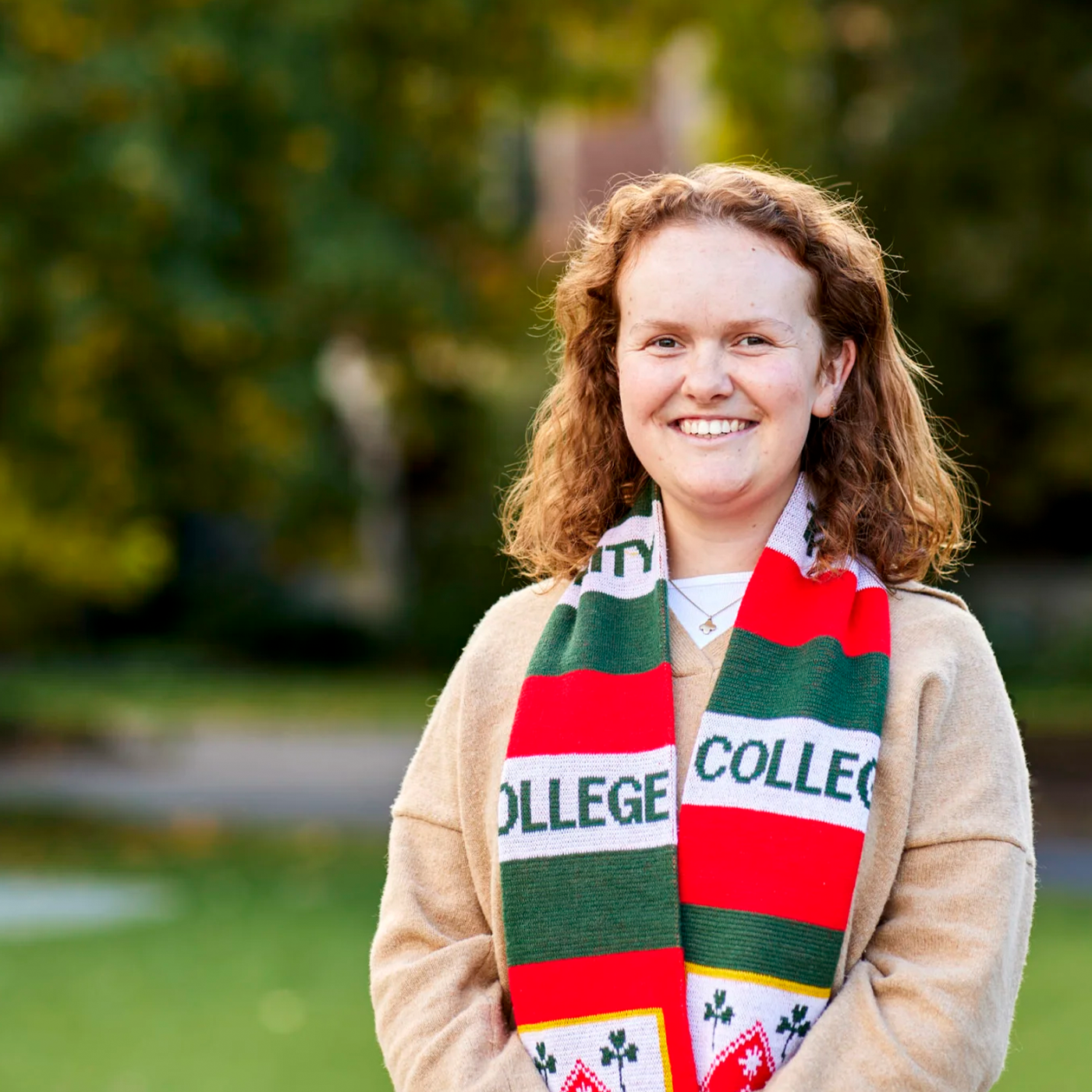
From country to city life: Why college is the complete package for Rosie

Book now: The Addams Family musical
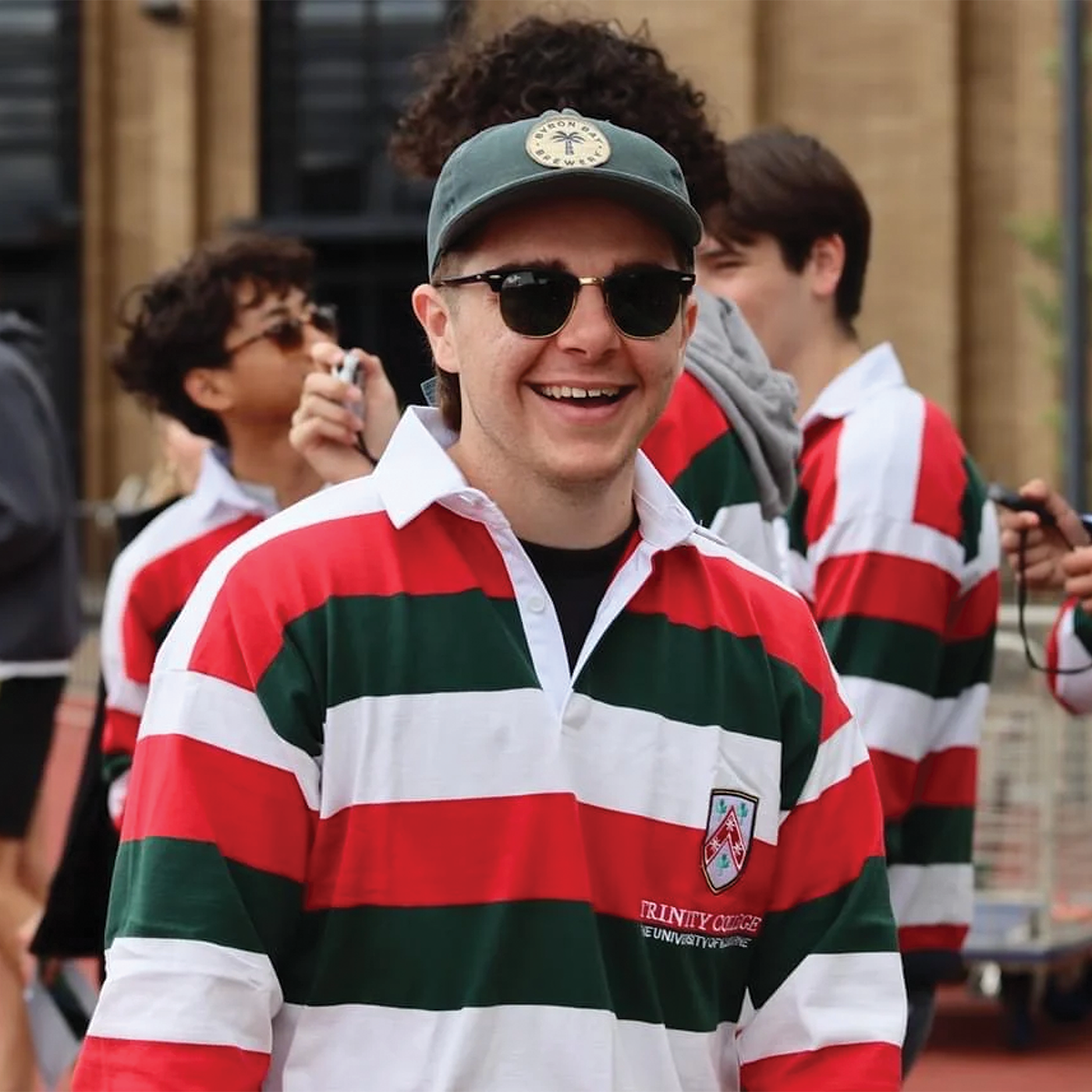
Peter Kalidonis on why making friends at uni is harder than you think
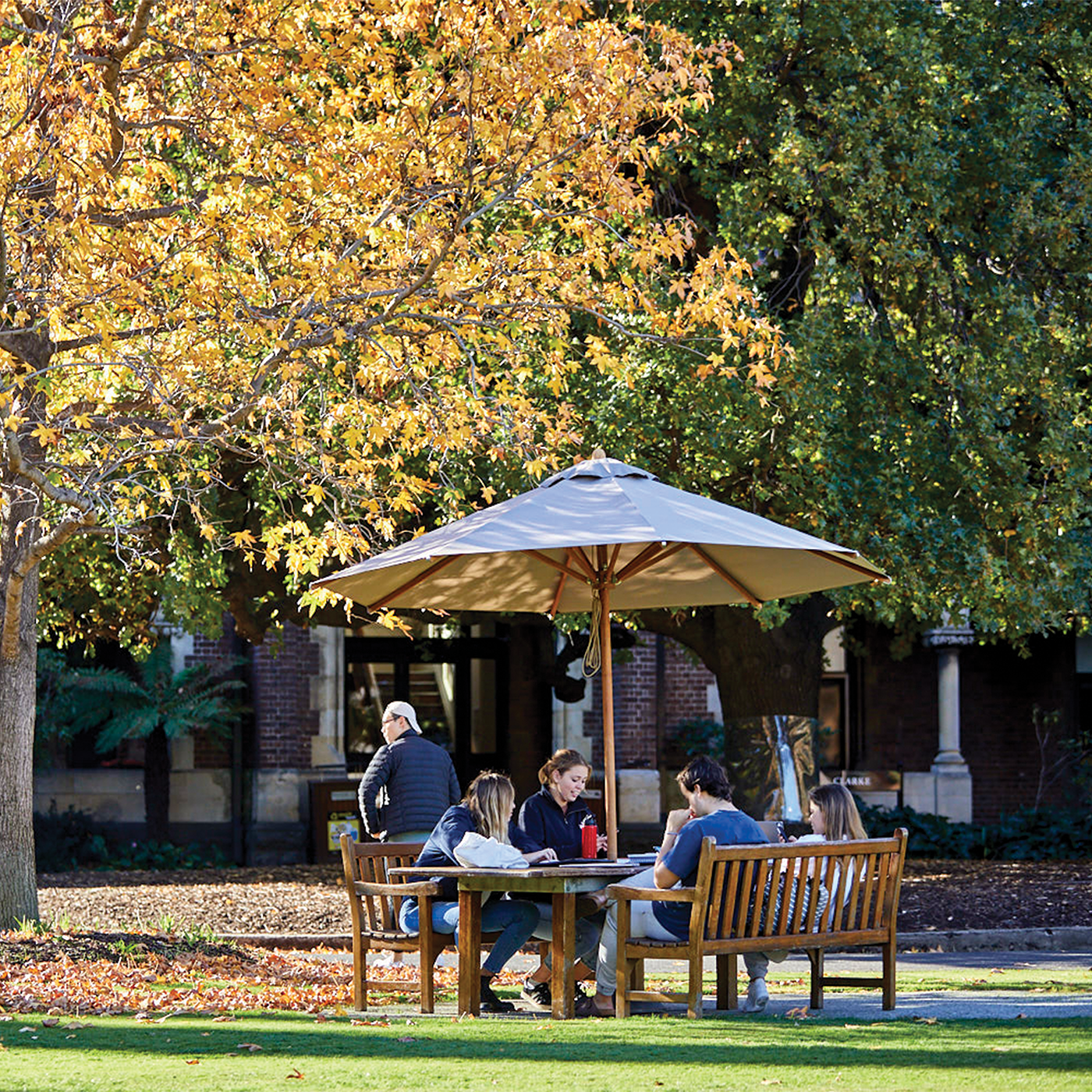
Residential college vs dorm in Australia: what's the difference?

Sex and sexuality week: Kody shares his story of growing up gay in country Victoria
Trinity triumph in Men’s 1st VIII Rowing
-
News & Stories
- Our Theological School Student President's mission to champion a spiritual and welcoming environment
- Jack reaps the rewards after taking a leap of faith on Trinity College
- Trinity alum named in King's Birthday Honours 2025
- Trinity Deputy & Academic Dean appointed Fellow at Center of Theological Inquiry
- Meet Trinity's aspiring art curator Seb Moore
- Trinity College offers its congratulations to newly elected Archbishop of Melbourne, the Right Reve
- Events
- Art
- Music & Choir
- Campus Development Projects
- Visiting Scholars & Lectureships
- Accommodation for Visitors
- Short Programs
- Work at Trinity
